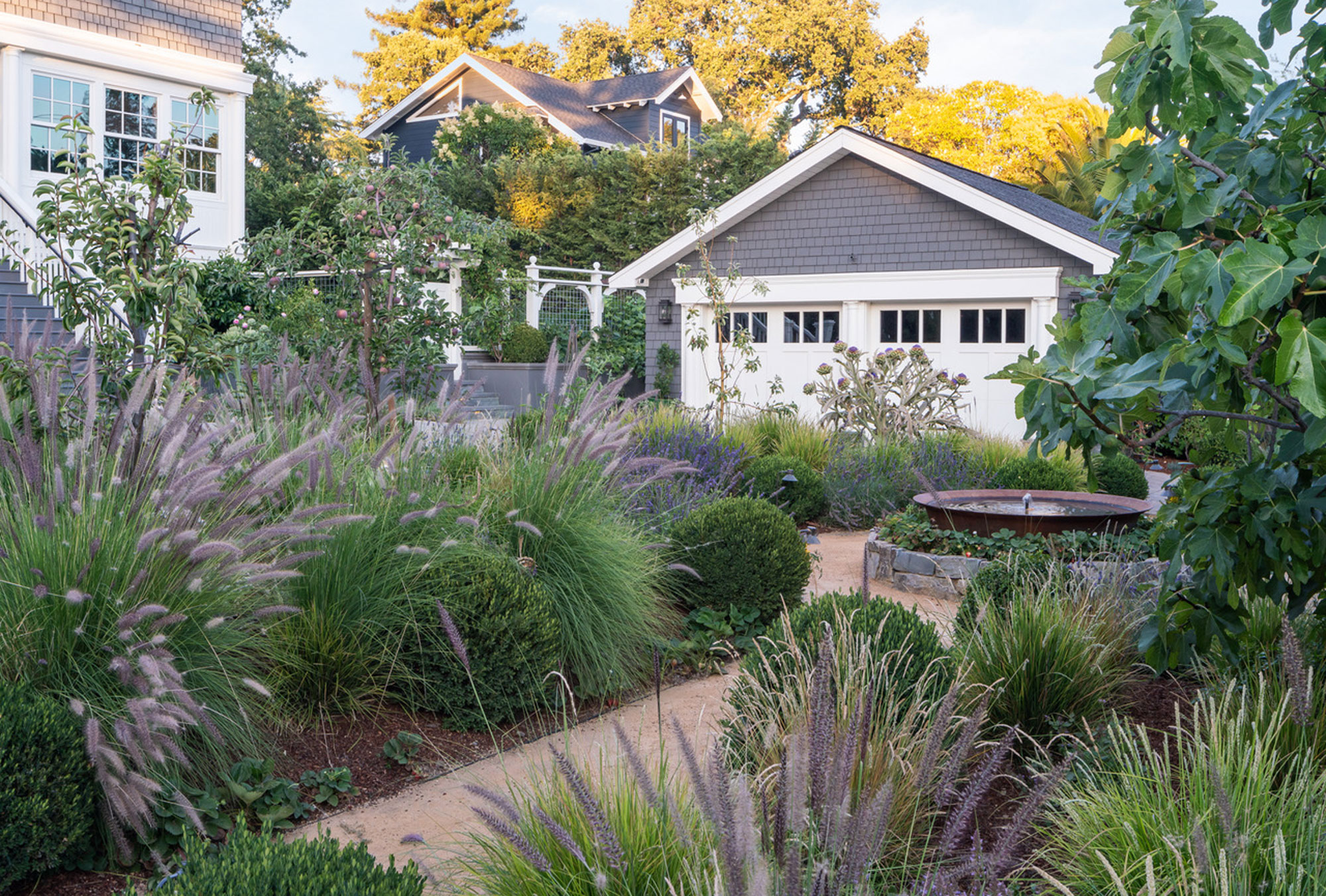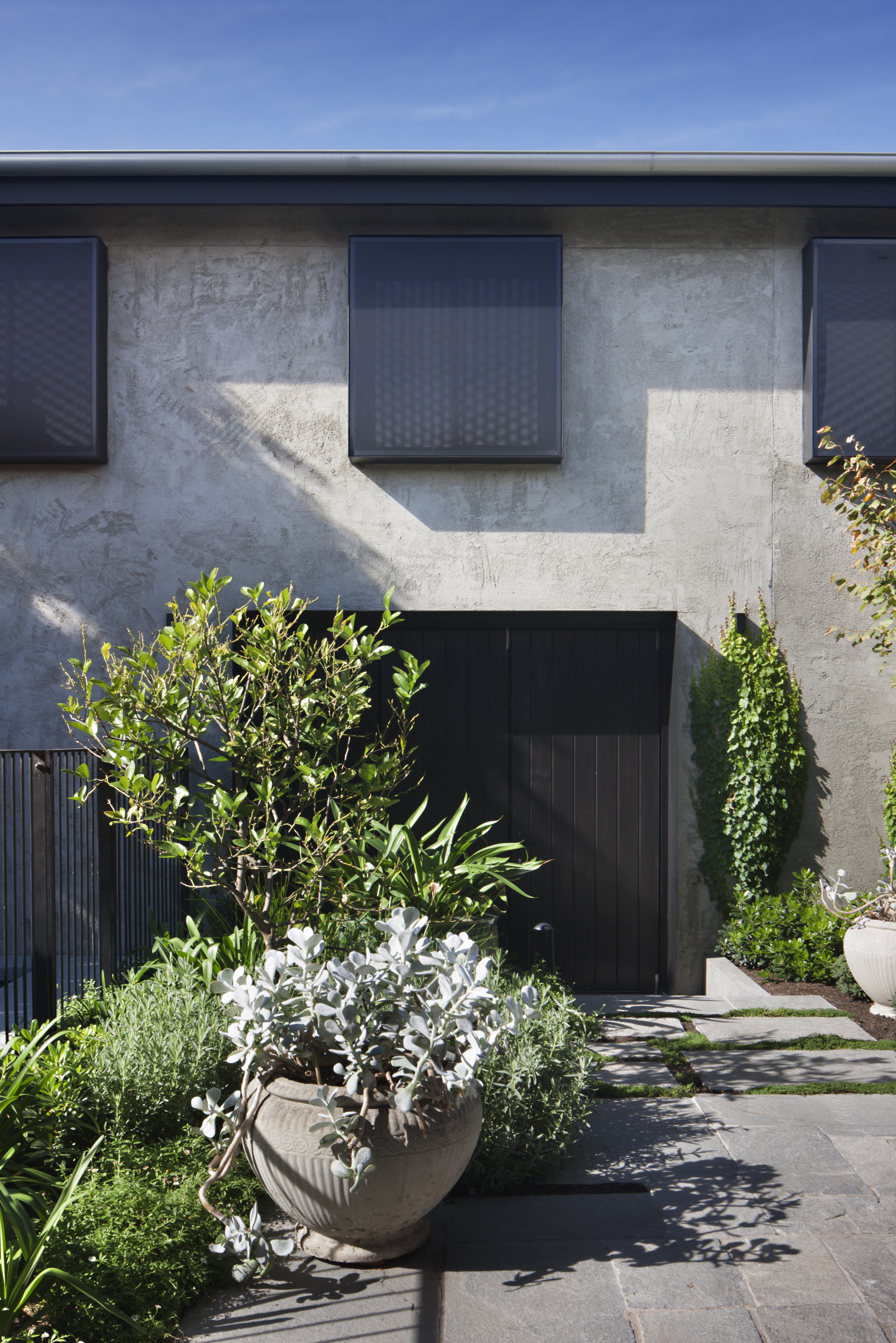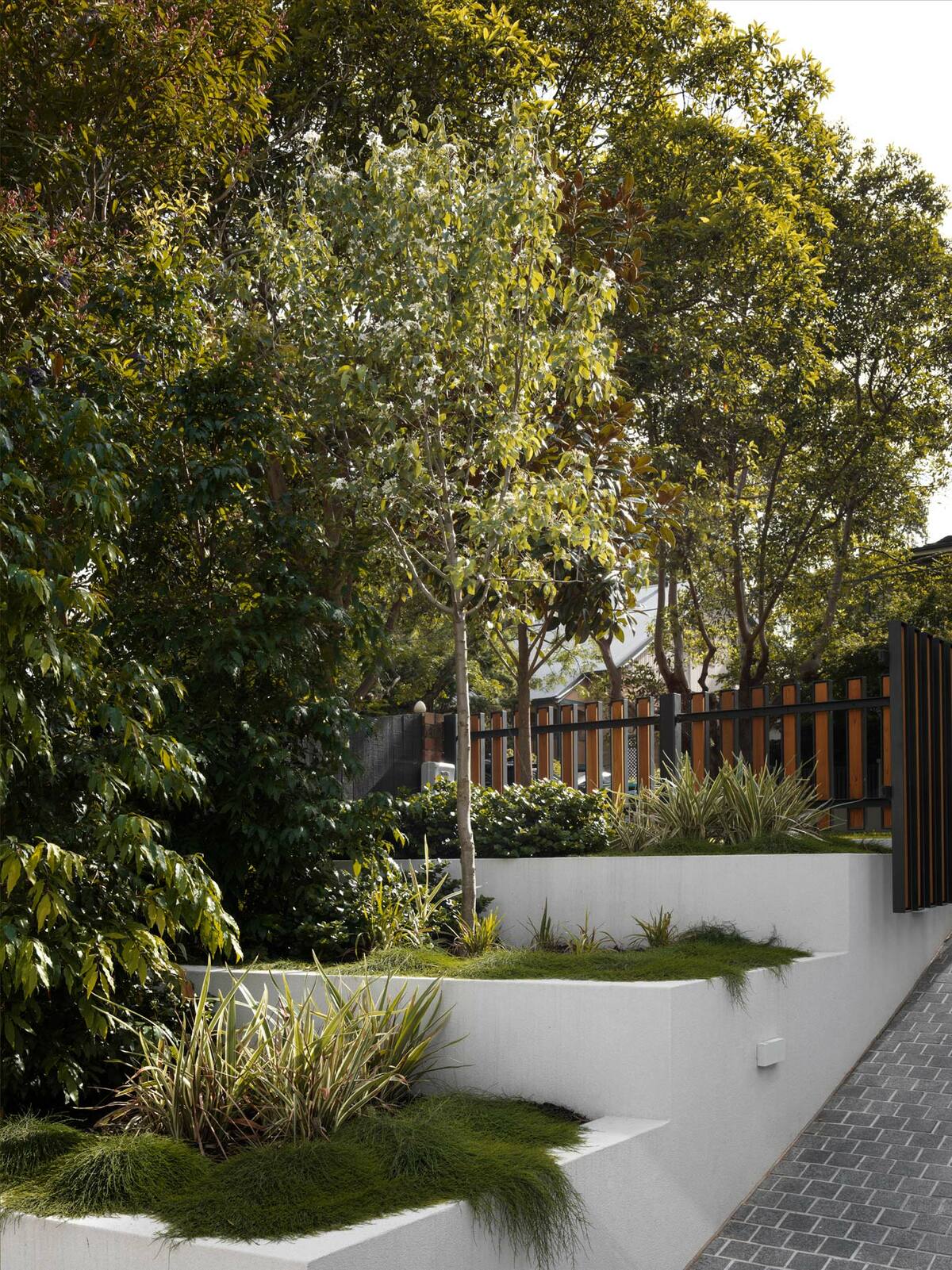
If your home garden isn't flowering, your planting schedule may not align well with the growing environment certain crops need. As a beginner gardener, the first step you'll want to take in turning your backyard into a panorama of pretty flowers is understanding how to time your spring-blooming plantings just right.
It could be that you source everything you need to grow your favorite plants, but you're never able to reap what you sow. In such cases, consider the question of when to plant spring bulbs, aside from just how. Since these spring crops have very specific growing needs, planting them at the wrong time could be the one (but crucial) mistake you're making.
Now, if you're curious about when this planting period ends and whether you're losing your spring bulbs to incompatible conditions, consider your doubts lifted. We sourced some expert insight to help you avoid planting your bulbs at the wrong time and losing out on a flowerful gardenscape. Here's what you need to know.
When Should You Stop Planting Spring Bulbs?

In conversation with gardening expert Tony O'Neill, he tells us that spring bulbs should ideally be planted before the ground freezes and while the soil is still workable.
"In most regions, this means stopping bulb planting by late November to early December," he explains. "This timing ensures the bulbs have enough time to establish roots before the ground freezes, allowing them to bloom successfully in spring."
Be it spring bulbs for cut flowers or lush green foliage, there comes a time beyond which they're not suitable for planting. So, instead of losing your bulbs to the frost, it's best to stick to this natural planting schedule.
Can You Plant Spring Bulbs After the First Frost?

"Yes, spring bulbs can be planted after the first frost," affirms Tony. "Just as long as the ground is not frozen solid."
According to Tony, spring bulbs need cool soil to establish roots but still require some time before the harsh winter sets in. "If you're planting late, consider adding a layer of mulch over the soil to insulate," he advises. "And protect the bulbs from sudden temperature drops."
Although it's not highly recommended to sow spring bulbs so late in the year, by following these bulb-planting tips, you can make the most of your outdoor space in hopes of successful blooms.
If you follow a proper growing schedule and pay attention to technical details like USDA zones, temperature needs, humidity levels and such, you'll find your garden inhabiting a lot more spritely flowers and a lot less droopy stems.
By paying attention to these sometimes tedious details, you can turn around your wilting streak and finally enjoy the fruit (or flower) of your labor.
And if you're looking for some great reads to add to your collection that can help you learn more about fostering a green thumb, then feel free to peruse our chosen book buys below.
Price: $31
Format: Hardcover
Just one click away on Amazon, the Encyclopedia of Landscape Design: Planning, Building, and Planting Your Perfect Outdoor Space by DK is the perfect buy for beginner gardeners looking to plan out their green spaces to perfection.
Price: $16
Format: Paperback
The Month-by-Month Gardening Guide: Daily Advice for Growing Flowers, Vegetables, Herbs, and Houseplants by Franz Böhmig is full of helpful tips and tricks to support your journey as a plant parent in accordance with the seasons.
Price: $17
Format: Hardcover
We spotted Growing Flowers: Everything You Need to Know About Planting, Tending, Harvesting and Arranging Beautiful Blooms by Niki Irving on Amazon and it's the ideal book buy for flower gardeners attempting this rewarding hobby.
FAQs
Which Spring Bulbs Should You Not Plant in Winter?

If you choose to plant spring bulbs past the recommended time frame, it's important to pick and choose your crops with great intention. That way you won't lose out on garden space that's destined to wilt, and you can focus it on bulbs that actually have a chance at sprouting.
Tony tells us that tender bulbs such as daffodils and tulips can handle late planting, but he suggests avoiding planting more delicate varieties like crocus or hyacinths in winter.
"These bulbs require a longer root establishment period and might not perform well if planted too late," he says. "Stick with hardy, robust bulbs for late-season planting."







